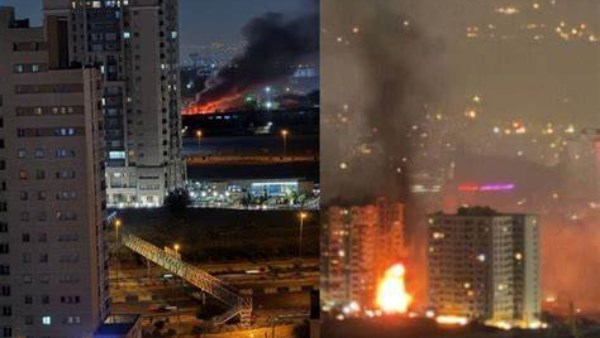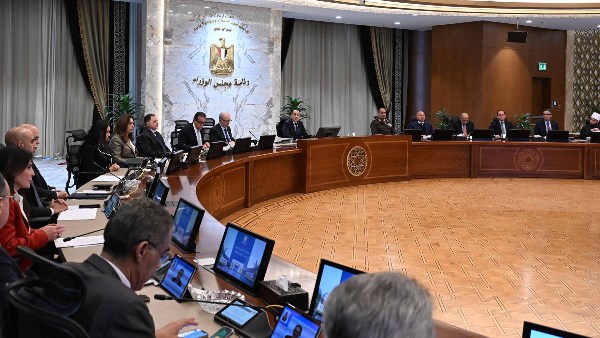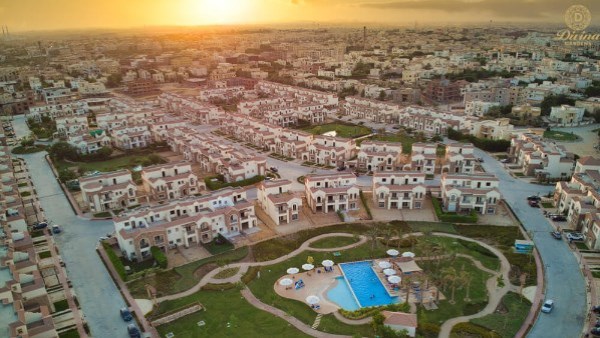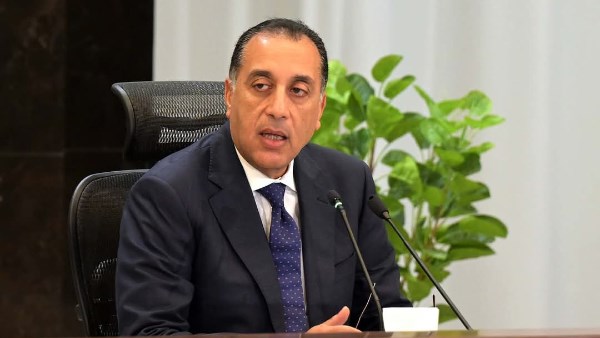
The Israeli airstrikes targeted and killed two of Iran’s leading nuclear scientist
Israel attacks Iran, airstrikes kill armed forces and Revolutionary Guard chiefs

Israel launched a series of airstrikes against Iran early Friday morning local time, targeting locations it said were related to Iran’s nuclear program.
Mohammadhossein Bagheri, chief of the Iranian Armed Forces, the country’s most senior military official, was killed during the strikes, alongside the commander-in-chief of Iran’s Islamic Revolutionary Guard Corps, Hossein Salami, Iranian state media reported.
The Israeli airstrikes also targeted and killed two of Iran’s leading nuclear scientists, Fereydoun Abbasi-Davani and Mohammad Mehdi Tehranchi, according to Iranian news outlets.
Iran’s supreme leader, Ali Khamenei, pledged to avenge the attacks. “With this crime, the Zionist regime has brought a bitter and painful fate upon itself, and it will certainly face it,” he said in a statement.
Israel’s Defense Minister Israel Katz declared a state of emergency shortly after the strikes began, and warned people that “a missile and drone attack against the State of Israel and its civilian population is expected in the immediate future.”
Israeli Prime Minister Benjamin Netanyahu told the nation, “This operation will continue for as many days as it takes to remove this threat.” He warned Israeli residents that they might have to spend extended periods in bomb shelters ahead of an expected retaliation by Iran, Reuters reported.
Israel said its airspace was closed and all incoming and outgoing flights had been suspended.
Meanwhile, Iranian media outlets report multiple fatalities in the capital city, Tehran.
Beyond Tehran, Iranian news channel IRINN reports that there were airstrikes on the city of Natanz, which is home to a key nuclear facility. Also hit were targets in the city of Khandab, where a heavy water nuclear reactor is located, and Khoramabad, the site of a ballistic missile base.
Oil prices were up more than 9% as of 12:30 a.m. stateside, amid fears of a broader regional war. U.S. stock futures fell for the same reason, with Dow futures down more than 500 points.
The United States did not participate in the military operation, but President Donald Trump was briefed on it beforehand.
“We are not involved in strikes against Iran and our top priority is protecting American forces in the region,” Secretary of State Marco Rubio said in a statement. “Israel advised us that they believe this action was necessary for its self-defense.”
The U.S. Embassy in Jerusalem has directed all employees and their families to “shelter in place until further notice.”
Trump approved the withdraw of some American personnel from the Middle East earlier this week, noting the region “could be a dangerous place.”
He told reporters on Thursday that an Israeli strike “looks like something that could very well happen,” but Trump stressed that the United States would prefer to negotiate an agreement on nuclear enrichment than see a military strike.
“Iran cannot have a nuclear weapon. Other than that, I want them to be successful,” he said at a White House event.
“I’d much prefer an agreement,” with Iran, he said. “As long as I think there is an agreement. I don’t want [Israel] going in, because I think it would blow it. Might help it, actually, but it also could blow it. But we’ve had very good discussions with Iran.”
Tehran, meanwhile, has accused Washington of not being serious in its engagement and not respecting Iran’s right to enrich uranium for what it insists are peaceful purposes.





-1120252475029447.jpg)















